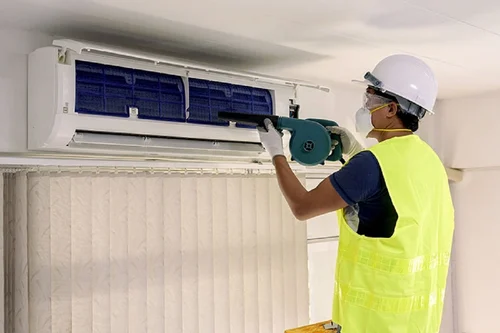The presence of cockroaches in any home is unwelcome, but for parents with infants, the concern becomes paramount. These insects can trigger allergies and asthma in young children, and their presence can be unsettling. This guide offers a professional approach to cockroach control, prioritizing the safety of your infant while effectively eliminating the pests from your home.
Prevention and Exclusion:
- Seal entry points: A thorough inspection for cracks and crevices around pipes, doors, and windows is crucial. Sealing these entry points with caulk or weather stripping can significantly reduce cockroach activity.
- Sanitation: Maintain a clean and hygienic environment. Regularly dispose of garbage, clean up spills promptly, and store food in airtight containers. This reduces the availability of food and water sources for cockroaches.
Targeted Control Methods:
- Bait stations: Consider using tamper-proof bait stations specifically designed for cockroach control. These stations contain an attractive bait that draws the roaches in and eliminates them. Choose child-resistant bait stations and place them strategically in areas where you’ve observed cockroach activity, ensuring they are inaccessible to infants.
- Diatomaceous earth (DE): Food-grade DE is a natural desiccant that dehydrates cockroaches. However, exercise caution when using DE, as it can irritate the lungs. Apply it in targeted areas, away from areas frequented by infants, and wear a mask while applying.
Importance of Professional Intervention:
- Expertise and Targeted Treatments: Professional companies employ licensed technicians with extensive knowledge of cockroach biology and behavior. They utilize targeted treatments that eliminate cockroaches at all stages of their life cycle, ensuring a more comprehensive solution.
- Long-Term Strategies: Professionals go beyond simply eliminating existing roaches. They identify and address the root cause of the infestation, such as moisture issues or entry points, to prevent future problems.
- Infant Safety: Reputable pest control companies prioritize the safety of children. They use EPA-registered products that are safe for use around infants when applied according to the label instructions.
Qatar Engineering House: Your Trusted Partner in Pest Control
At Qatar Engineering House, we understand the unique needs of parents seeking to protect their infants from pests. Our team of qualified technicians prioritizes the safety of your family while utilizing the most effective and up-to-date methods for cockroach control. We offer customized treatment plans that address the specific needs of your home and utilize eco-friendly products whenever possible.
Don’t let cockroaches compromise your infant’s health or your peace of mind. Contact Qatar Engineering House today for a free consultation and quote. We are dedicated to creating a safe and pest-free environment for your family.

